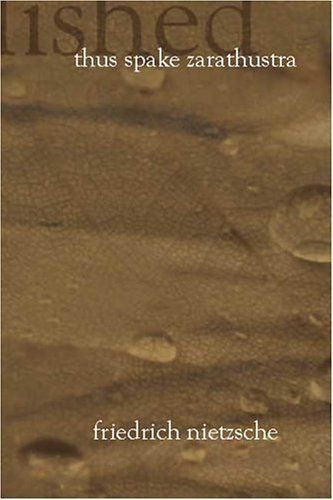Reviews
Tanishq Khandelwal@tanishq
Lisa v O@anti-unification
ラップの神 del ray🗡🐸@wawilow108
𓆨@viridiantre
Lars M@bellumus
C Fernando Maciel @cfernandomaciel
C Fernando Maciel @cfernandomaciel
y✦@y4ndsl
Mia Caven@miacaven
Barbara Williford@barbarawilliford
Oscar Kömpel@oscarkoempel
Matthew Royal@masyukun
Barbara Williford@barbarawilliford
Safiya @safiya-epub
Kieran Wood@descent098
Lucas Coelho@coelholucas
Mihai Nueleanu@mihai
weli @woooodstx
Amelia @bonesofangel
Miguel@augustimely
François Declercq@spiritofnaoko
Luca Stromann@l-s
Jeilim Tovar@jeico
Teodora Živulović@mulannn
Highlights
Soham Dasgupta@sohdas
Luca Stromann@l-s
Page 304
Luca Stromann@l-s
Page 245
Luca Stromann@l-s
Page 236
Luca Stromann@l-s
Page 227
Luca Stromann@l-s
Page 191
Luca Stromann@l-s
Page 106
Luca Stromann@l-s
Page 93
Luca Stromann@l-s
Page 87
Luca Stromann@l-s
Page 83
Luca Stromann@l-s
Page 40
Oscar Kömpel@oscarkoempel
Oscar Kömpel@oscarkoempel
Oscar Kömpel@oscarkoempel
Oscar Kömpel@oscarkoempel
Oscar Kömpel@oscarkoempel
Oscar Kömpel@oscarkoempel
Oscar Kömpel@oscarkoempel
Oscar Kömpel@oscarkoempel
